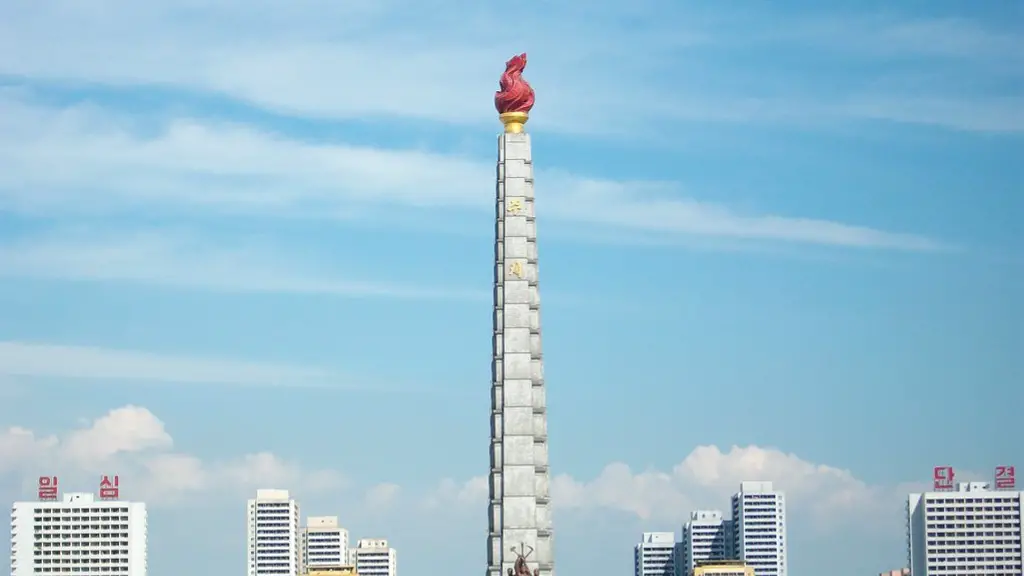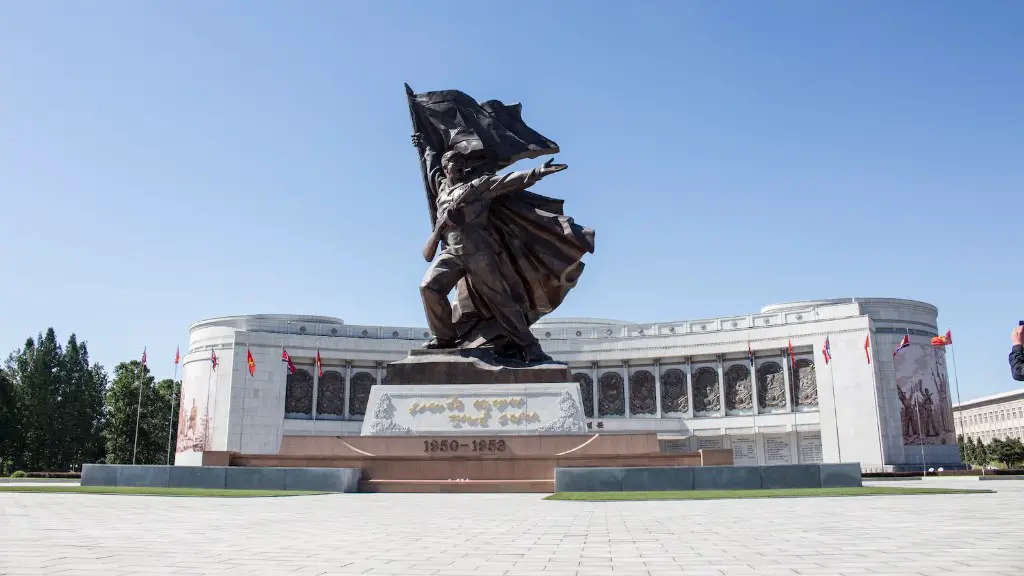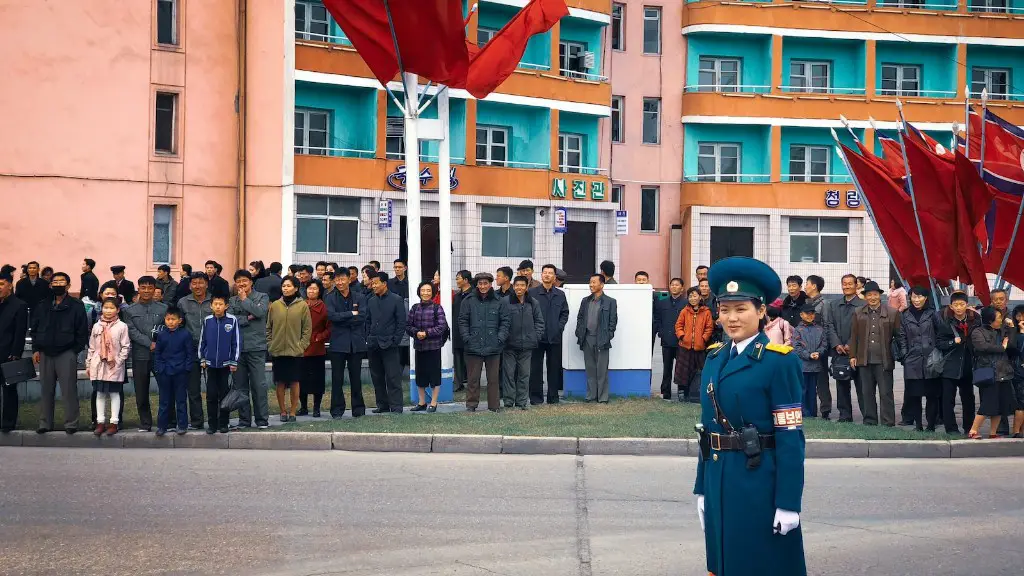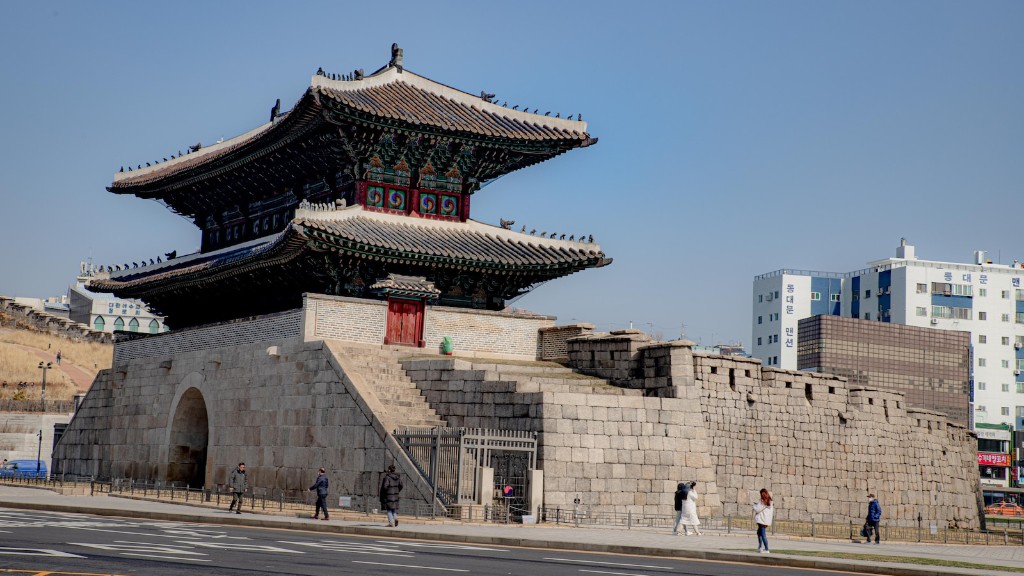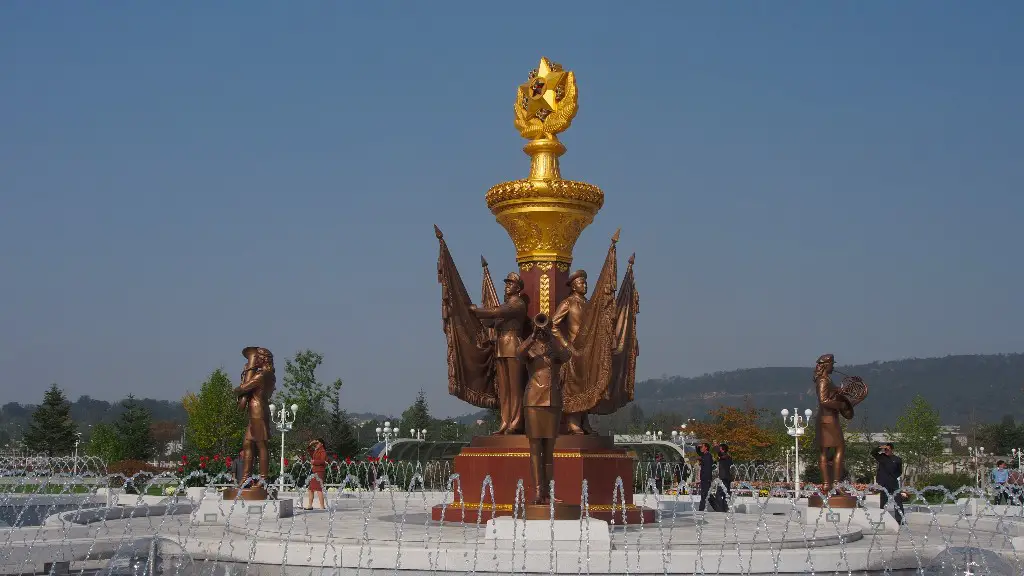South Korea, the South Eastern neighbour of the hot and dangerous Korean Peninsula, has been known for its success, development, and remarkable growth. On the other hand, North Korea, its opposite in the North, has been living in the shadows and continues to be amongst the poorest nations in the world. It goes without saying that for many, the contrast between the two countries and the demonstrably different realities of the two populations have been major sources of fascination.
The most obvious explanation to the striking differences between the two countries is, of course, the almost diametrically opposed political orientations. South Korea is an open geopolitical democracy that provides the highest quality of liberties and rights to its citizens, while North Korea is a one-party communist state that forces its populace to suffer through poverty and human rights crimes.
The differences did not, however, begin from the same origin: The two countries have a fascinating intertwined history brought about by the devastation of the Korean war. Eventually, both North and South Korea, in 1953, declared a ceasefire, but their different economic and societal infrastructures developed them into two separate nations with fears, resentments, and animosity between them.
Beyond the different political systems, the two countries, until this day, live in vastly different economic realities. South Korea, a regional power, is a high-income economy, with an impressive production and export capacity. It also has a strong presence in the public and private sector, and its citizens enjoy an incredibly high quality of life.
On the other hand, North Korea is an entirely different story. Not only does it have one of the world’s lowest levels of national income, but its citizens are subject to one of the highest deprivation levels in the world. What’s more, the situation has only been worsening over the years, with a lack of essential resources, food and infrastructure across the nation.
It’s hard to deny that the differences between the two Koreas are so stark that many are often astonished to hear about them. The difference in living conditions, resources, and life opportunities are too noticeable to overlook – however, it’s worth noting that there has been some improvement in the relationship between the two nations in recent years – with various regional reunification events gathering a lot of global attention.
Yet, while some innocent remarks by global celebrities like Kanye West, may suggest otherwise, the conflict between the two Koreas is still very much alive and cannot be categorized as a mere historical incident. With decades of hurt, loss, and distrust lingering between them, one has to wonder if possible reunification will ever be achievable.
Political Sanctions
It’s not uncommon to answer the question as to why South Korea is so different from North Korea with a discussion of the political statements imposed upon the latter nation by the United Nations. It’s easy to pinpoint these differences between the two countries in terms of the sanctions imposed by the UN upon North Korea, the main aim of which is for North Korea to end the nuclear programme.
The purpose of these sanctions is to pressure North Korea out of its nuclear ambitions, and there have been multiple international efforts to achieve this. Over the years since their adoption, the sanctions have been based on the global political environment and have been tailored to allow for humanitarian efforts, while simultaneously attempting to exert a heavy political cost on the North Korean government.
What’s more, the UN continuously takes into account the country’s circumstances when formulating and implementing these sanctions. Even so, it’s important to recognize that these sanctions have been growing increasingly effectual over time as the international pressure has grown more and more intense. As a result, North Korea has been pushed further into the shadows of the global political stage, never to make a full return.
It’s worth noting, however, that when speaking about the differences between the two countries, the political differences cannot be ignored, as this has always been one of the main reasons why they have been so starkly different.
South Korea’s Economic Progress
South Korea’s economic progress is one of the most obvious factors when considering the drastic differences between the two Koreas. While it is true that the South has always had the upper hand in terms of regional economic power, its development has been nothing short of remarkable. The country has consistently outperformed many of its industrialized rivals and has made an astonishing economic and technological progress in a very short timespan.
South Korea has benefited from the global embrace of technology, and as such, it has created smart cities that are capable of connecting to the world for global commerce. It also has some of the fastest internet speeds in the world, thanks to the government’s push for cloud technologies and 5G networks. What’s more, its economy has been growing steadily and its citizens have been enjoying higher and higher quality of life over the years.
If anything, South Korea’s impressive economic feats should come as no surprise, as it has been one of the most progressive countries in terms of its efforts to integrate with the global economy. It is, for example, a founding member of many of the world’s most prestigious business organizations, such as the Group of Twenty (G20).
Even more surprisingly, South Korea has managed to make a name for itself in less than two generations, transforming itself from being among the world’s poorest to one of its most affluent countries, while still facing competition from its regional rivals.
The Cultural Differences
Cultural differences are undoubtedly one of the most interesting topics when discussing the contrast between South and North Korea. South Korea has a deep and unique culture that dates back centuries and has been heavily influenced by other cultures. Even so, South Korea has managed to retain its identity and create a distinctive atmosphere that is iconic in the region today.
South Korea’s culture is deeply rooted in its traditionalism, with its customs and beliefs still being practiced today. This is seen in everything from the way people dress to their diet, and from their music to their language. It has also heavily influenced the way that South Koreans think, with the nation’s past, present, and future being regarded in a unique light.
In sharp contrast, North Korea has been heavily influenced by a variety of authoritarian regimes, making its culture different from that of South Korea. The country has remained closed off to the world’s major influx of new ideas, and its citizens have been forced to live in an environment that is heavily influenced by the state. As such, its culture is best described as conservative and rigid – something that is made even more glaring when compared to its southern neighbour.
The overall disparity between the two countries is evident in their respective cultures, with South Koreans having more freedom to experiment and explore the world, while North Koreans having to tread carefully due to the government’s influence.
Societal Impact
The factors discussed until now have all shaped the societies of both Koreas in unique ways: South Korea is has been shaped into a progressive and influential nation, while North Korea is still struggling to make its mark in the region.
South Korea has managed to create a comfortable and prosperous life for its citizens, with a booming economy and a well-developed infrastructure. As a result, its citizens have been able to take full advantage of their freedom, leading to the emergence of a society that is innovative, competitive, and eager to grow.
On the other hand, North Korea’s society has been heavily afflicted by poverty, deprivation, and economic dysfunctions. As a result, its citizens have been limited to basic needs, with little access to the luxuries and comforts of the modern age. This leads to a darker environment in which North Koreans have been forced to live, leading to a less dynamic and far less engaged society than that of South Korea.
What’s more, both countries have faced political unrest over the years. South Korea has faced various mass protests and political movements, while North Korea has faced a crackdown on its citizens deemed to be dissidents or defectors. All of these factors have combined to create two societies that are worlds apart, not just geographically but also socially.
North Korea’s Humanitarian Struggles
At the end of the day, the differences between the two Korean states come down to two major issues: human rights and economic stability. While South Korea has become an influential and thriving nation with an emphasis on its citizens’ wellbeing, North Korea is still struggling with major humanitarian and economic difficulties that are deeply rooted in its political structure.
These differences have been especially pronounced in recent years, with the international community condemning North Korea for its gross human rights violations. North Koreans have been the victims of horrendous rights abuses, including arbitrary detention, torture, forced labor, and lack of freedom of information.
What’s more, North Korea’s citizens have been facing an increasing lack of access to resources, food, and infrastructure. This has forced many North Koreans to flee their homes and seek refuge in neighboring countries, creating an even more pressing humanitarian crisis.
As such, it should come as no surprise that the differences between the two Korean states are so pronounced. South Korea has had access to a bright future while North Koreans, who were born and bred on a different side of the border, are forced to live in struggle and deprivation.
